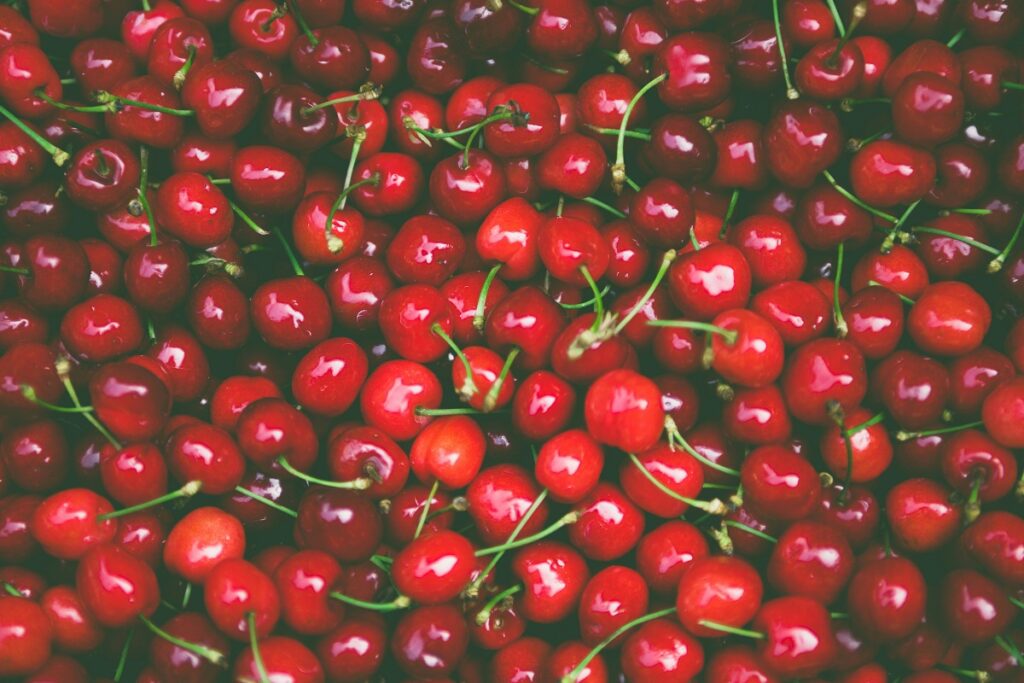Understanding Uric Acid
Uric acid is a waste product formed from the breakdown of purines, substances found in various foods. Normally, uric acid is dissolved in the blood and eliminated through the kidneys. However, when the body produces too much uric acid or the kidneys do not eliminate enough, it can lead to hyperuricemia, which may cause gout and other health issues. Understanding the role of uric acid in your body is essential for managing its levels effectively. Mohit Tandon from Texas suggested some of the Home Remedies to Reduce Uric Acid.
Dietary Changes
1. Reduce Purine-Rich Foods
To lower uric acid levels, it’s vital to limit foods high in purines. These include red meat, organ meats (like liver), shellfish, and certain types of fish (such as sardines and mackerel). Instead, opt for lean proteins, including chicken and turkey, in moderation.
2. Increase Fiber Intake
A diet rich in fiber can help reduce uric acid levels. Fiber aids digestion and helps to eliminate waste products. Include more fruits, vegetables, whole grains, and legumes in your diet. Foods like oats, bananas, and apples are excellent choices that support digestive health and help manage uric acid levels. – Mohit Tandon Texas

3. Stay Hydrated
Drinking plenty of water is crucial for flushing out uric acid. Aim for at least 8-10 glasses of water daily. Staying hydrated helps the kidneys function properly, allowing them to eliminate uric acid more efficiently. Herbal teas, particularly those made from nettle or dandelion, can also promote kidney health.

4. Limit Sugary Foods and Beverages
High sugar intake, especially from fructose, can increase uric acid levels. Avoid sugary drinks, including sodas and sweetened juices, as they can lead to spikes in uric acid. Instead, choose water, herbal teas, or fresh juices made from low-purine fruits.
Natural Remedies
5. Cherries
Cherries are known for their ability to reduce uric acid levels. Studies suggest that consuming cherries or drinking cherry juice can lower the risk of gout attacks. The antioxidants in cherries help reduce inflammation and promote kidney health. Aim to include a serving of fresh cherries or cherry juice in your diet regularly.

6. Apple Cider Vinegar
Apple cider vinegar (ACV) is a popular home remedy for various ailments, including high uric acid. ACV may help alkalize the body and reduce uric acid levels. Mix one tablespoon of ACV in a glass of water and drink it daily. This not only aids in reducing uric acid but also improves digestion.
7. Lemon Juice
Lemon juice can help dissolve uric acid crystals and promote their elimination. The citric acid in lemons may also aid in alkalizing the body. Squeeze the juice of one lemon into a glass of water and drink it in the morning. This refreshing drink can kick-start your metabolism and help manage uric acid levels.

8. Ginger
Ginger possesses anti-inflammatory properties that can help alleviate pain and swelling associated with high uric acid. Incorporate fresh ginger into your meals or drink ginger tea regularly. To make ginger tea, simmer fresh ginger slices in water for about 10 minutes, then strain and enjoy.
Lifestyle Modifications
9. Maintain a Healthy Weight
Excess weight can contribute to higher uric acid levels and increase the risk of gout. Losing weight gradually through a balanced diet and regular exercise can help lower uric acid levels. Aim for a sustainable weight loss plan that includes a mix of cardiovascular exercises and strength training.
10. Regular Exercise
Regular physical activity helps improve metabolism and reduces uric acid levels. Aim for at least 30 minutes of moderate exercise most days of the week. Activities like walking, cycling, swimming, and yoga can promote overall health and aid in weight management. – Mohit Tandon Texas
11. Limit Alcohol Consumption
Alcohol, particularly beer and spirits, can raise uric acid levels. Limit or avoid alcohol intake, especially during gout flare-ups. If you choose to drink, do so in moderation, and opt for lighter options like wine.
12. Manage Stress
Chronic stress can negatively impact your health, including uric acid levels. Engage in stress-reducing activities such as meditation, deep breathing exercises, yoga, or spending time in nature. Finding healthy outlets for stress can support your overall well-being.
Foods to Include
13. Low-Purine Foods
Incorporate low-purine foods into your diet, such as:
- Fruits and Vegetables: Berries, bananas, oranges, spinach, and kale.
- Whole Grains: Brown rice, quinoa, and barley.
- Nuts and Seeds: Almonds, walnuts, and flaxseeds.
- Dairy Products: Low-fat or fat-free options can help reduce uric acid levels.
14. Healthy Fats
Incorporate healthy fats, such as those found in olive oil, avocados, and fatty fish (like salmon), in moderation. These fats can promote heart health and help maintain balanced uric acid levels.
Monitoring Uric Acid Levels
15. Regular Check-Ups
If you have a history of high uric acid or gout, regular medical check-ups are crucial. Your healthcare provider can monitor your uric acid levels and suggest appropriate lifestyle or dietary changes. Blood tests can help you understand your levels and adjust your management plan accordingly.
16. Keep a Food Diary
Tracking your food intake can help you identify which foods may trigger high uric acid levels. Note your meals, snacks, and any symptoms you experience. This can be a useful tool for understanding your body’s response to different foods.
Conclusion
Managing uric acid levels effectively requires a combination of dietary changes, natural remedies, and lifestyle modifications. By incorporating these home remedies and practices into your daily routine, you can support your body in maintaining healthy uric acid levels and reduce the risk of gout attacks. Always consult a healthcare professional for personalized advice and guidance tailored to your specific needs.
